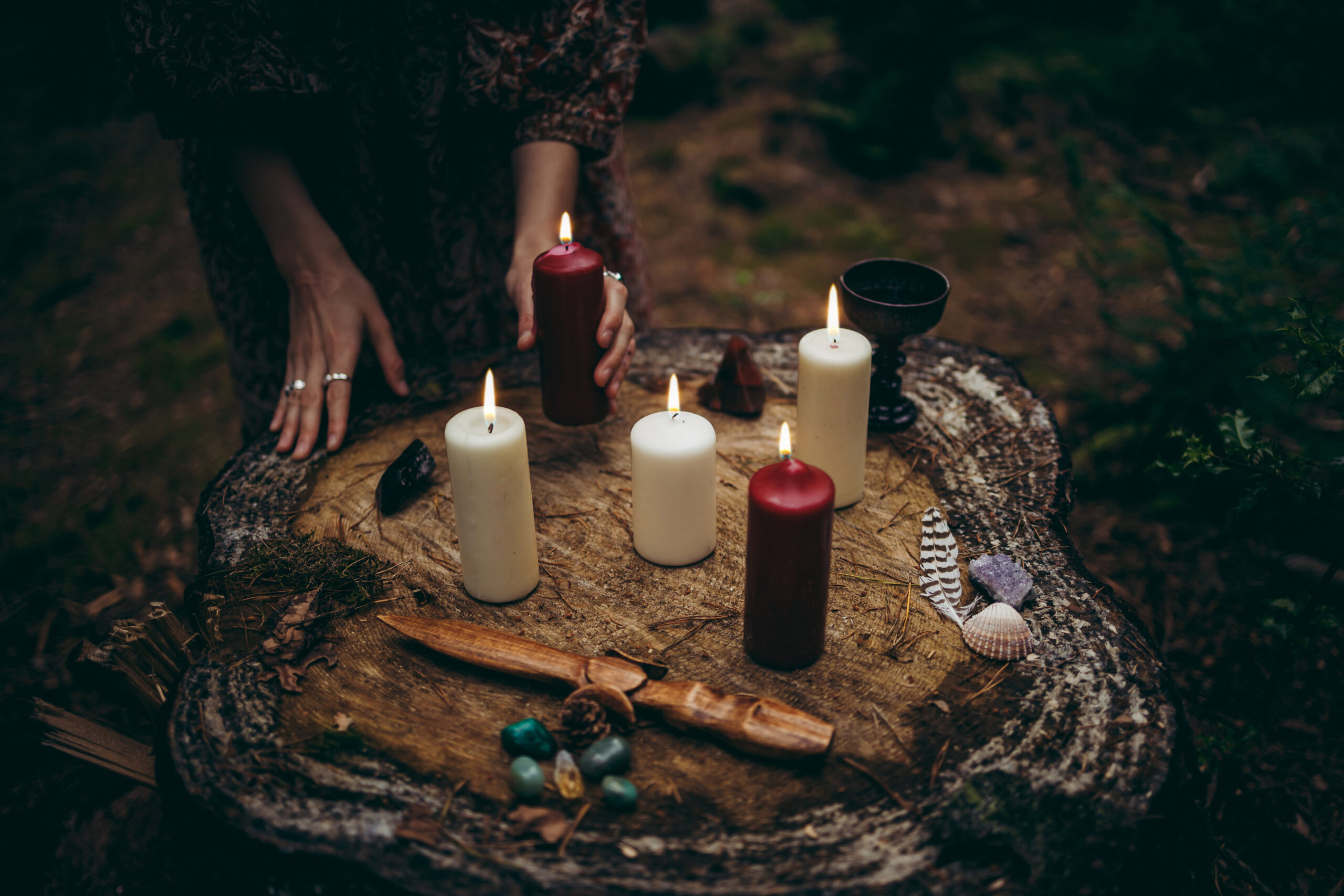Having staggered home from the cinema in tears twice this week, I have finally ‘accepted’ that the Harry Potter franchise has reached its final film installment.
Harry Potter has played a massive part in my life, and ultimately helped me start writing. My undergrad dissertation was on feminism in children’s literature, including Northern Lights by Philip Pullman, The Story of Tracy Beaker by Jacqueline Wilson, Twilight by Stephenie Meyer (don’t get me started), and much to my glee, The Goblet of Fire.
Earlier this week I came upon this article on Hermione Granger and thought it raised some very interesting points.
In my essay I focused mainly on the patriarchal hierarchy of the school and the times Hermione is seen as having “wept”, “squealed” and “cried” – weak actions in a very masculine setting. However, the Ms article really made me think of the possibilities that the character of Hermione has opened up to a generation of young women. She is described here as a “prominent social-activist”, a “passionate” woman and working in “true feminist fashion”. J.K. Rowling has helped create a feminist ideal where equality is the top priority: in interviews Rowling has stated that after Hogwarts, Hermione enters a career in Magical Law Enforcement, specialising in the equal treatment of muggle-borns and all magical creatures.
Perhaps I’m being nostalgic about my favourite childhood character, but I think that Hermione sticks out as important figure in a world populated by Bella Swans and Sleeping Beauties.
Hermione Granger, the brightest witch of her age: I salute you!








I’ve always thought of Hermione as an incredibly strong character. Without her, the Trio really wouldn’t have succeeded- it depended on all three of them. And while she does display stereotypically ‘feminine’ qualities- crying, seeking to help people, preferring books to sports and so on- the fact is that these aren’t shown as weaknesses, so ‘womanliness’ isn’t equated with being less strong than men. In fact, all those traits- her desire to help, her sensitivity, her intelligence and affinity for books- are what make her strong, as well as her bravery.
Also, I have to say, growing up as a bookworm with bad teeth and bad hair, Hermione was a fantastic role model. You just don’t get many female characters with that amount of both strength and vulnerability, nevermind ones which prove that somewhat awkward, bookish young women are a force to be reckoned with. She was never written as a love interest, either, thank God!
Thank you for the comment! I’ve always been a massive Hermione supporter – she really holds her own in such male-dominated world. Being an avid reader as a child myself (also with bad teeth and hair!) Hermione was always there to reassure me that it’s ok to be myself, and that being a book-lover was a good thing.
I think at the end of the series I definately came out with more respect for Hermione than any other character: she’s such an important part of the trio, yes. Her womanliness was never her defining feature – it was her intelligence that made her who she was.
Great to know someone agrees!